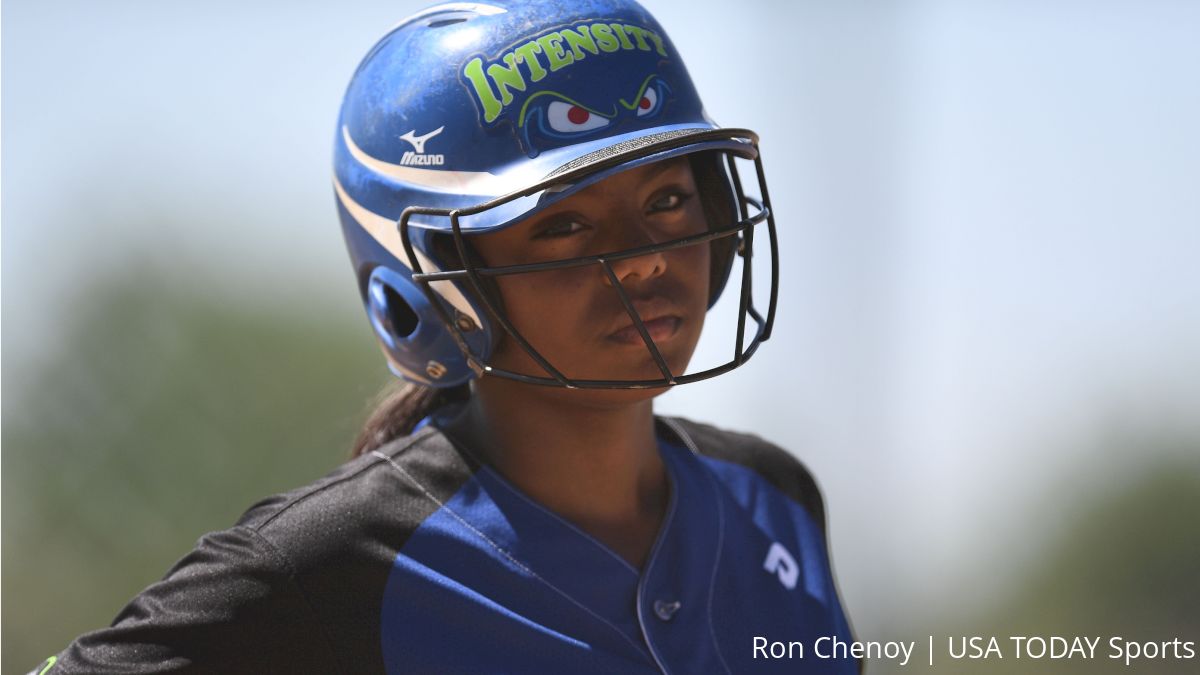Time Off: The Good, The Bad, The Complacent By Hallie Wilson
Time Off: The Good, The Bad, The Complacent By Hallie Wilson
Time off is very important and Hallie Wilson shares her own experience managing her time on the field and resting up.

Former USSSA Pride first baseman and Arizona Pac-12 Defensive Player of the Year Hallie Wilson writes about the delicate balancing of softball, social life, rest. Follow Hallie Wilson on Twitter @halwil5
One of the most common questions parents ask me is how to gauge the amount of off time their kid needs and how to avoid the formidable “burn out”. I often hear phrases like, “She’s young, she deserves time with her friends away from softball” or “She needs time for homework, too” or my personal favorite, “I want her to have balance.”
While all of these concerns are valid and subject to the individual child/athlete/family, I always remind parents that softball is supposed to be the fun part, not the part we feel like we need to take time off of to have balance or fun. I can’t speak as a parent or as someone who claims to know how to find balance for another person, but I can say that there are definitely pros and cons to time off for athletes.
“She’s young, she deserves time with her friends away from softball.”
At a young age, I remember doing homework in the car and changing in the backseat while rushing from one practice to the next. I missed plenty of sleepovers and birthday parties because I had to be in the car at 4 AM to drive two hours to make it in time for warm-ups before our 8 AM game. This routine was normal for my family and we were all exhausted, but we never felt we deserved time away from softball because this was how we chose to spend our time off.
In our world, school and work were what we wanted a break from. We embraced the idea that weekends might not be rejuvenating or relaxing. We knew it would be busy and memorable. If you feel like your kid is missing out on time with her friends, just remember that her teammates should be her friends too and if they aren’t, it will be difficult to keep her excited about returning to the field every weekend.
“She needs time for homework, too”
This story always makes me feel like I am a bad example but I have to be honest. My best friend is a Princeton graduate where she played four years on the softball team. We went to the same high school where she was an International Baccalaureate (IB), mock trial, A.S.B, choir, and she played high school softball, volleyball, ran cross country, and played club softball outside of school. She might as well be in Webster dictionary under overachiever.
I, on the other hand, was the student who did the bare minimum. I would zip through my homework without fulling understanding the concept of the lessons. I remember rushing through homework in the class before it was due so I wouldn’t get a zero on the assignment.
Obviously, my friend and I are different personalities with different ambitions. I was never the student to sacrifice sleep for homework or studying. Sometimes I wondered if my best friend ever slept. Some would argue that she had too much on her plate and might think protecting her from her demanding schedule was the right thing to do, but there comes a time when we have to allow student-athletes to figure it out for themselves.
Maybe I am too old school or don’t know how parenting really works but parents, please stop bailing your kid out of the commitments they make because they procrastinated studying for a test that they have known about for two weeks and need to study on the same evening as their weekly batting lesson. If they don’t fail a couple of times and learn to manage their time in grade school it will only get harder to learn those skills in college and professionally. School work should come first, but everyone has the same 24 hours in the day and we to choose how to spend them.
“I want her to have balance.”
Girl, same. If balance exists, I’m still looking for it. It is wishful thinking that children will have a healthy balance of everything that life has to offer. We just have to remember that softball is supposed to be the healthy side, the fun side of the spectrum that provides balance for the stresses of school or work.
If coaches and parents take that approach to practices and games then the kids will respond. Kids thrive when they are having fun and will feel motivated to practice something they enjoy going to.
I’m not saying that young athletes need to play softball every single day or stay up until midnight doing homework to be successful. I’m not saying that players can’t take time away from softball to recharge and get their mind right. I am saying that there are multiple ways to maximize your time when it comes to your priorities. We make time for the things we want to do and it usually means doing a few things we don’t want to do too.
Time off is a prescription that requires different dosages and plans depending on the person’s mental and physical health. On one side there is rest and recovery and on the other is complacency and excuses.
Trust your instincts when it comes to protecting your athletes from burn out but hold them accountable for the commitments they make to teach them time management.